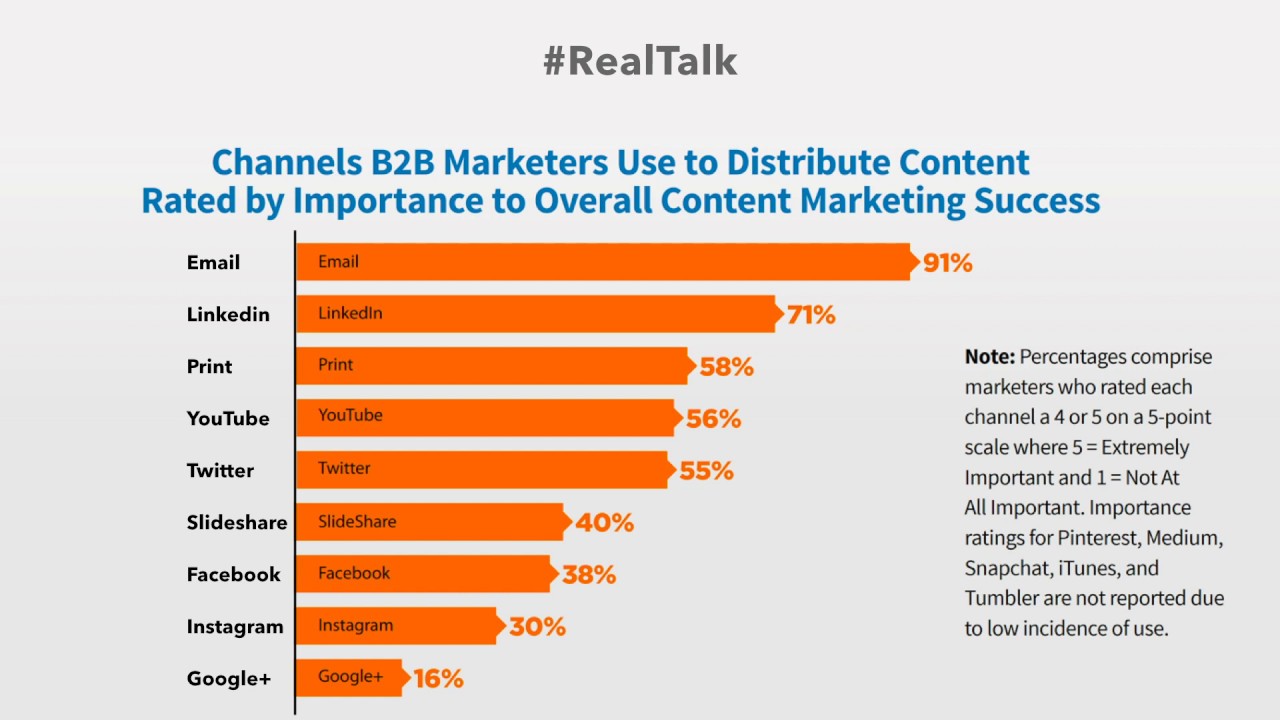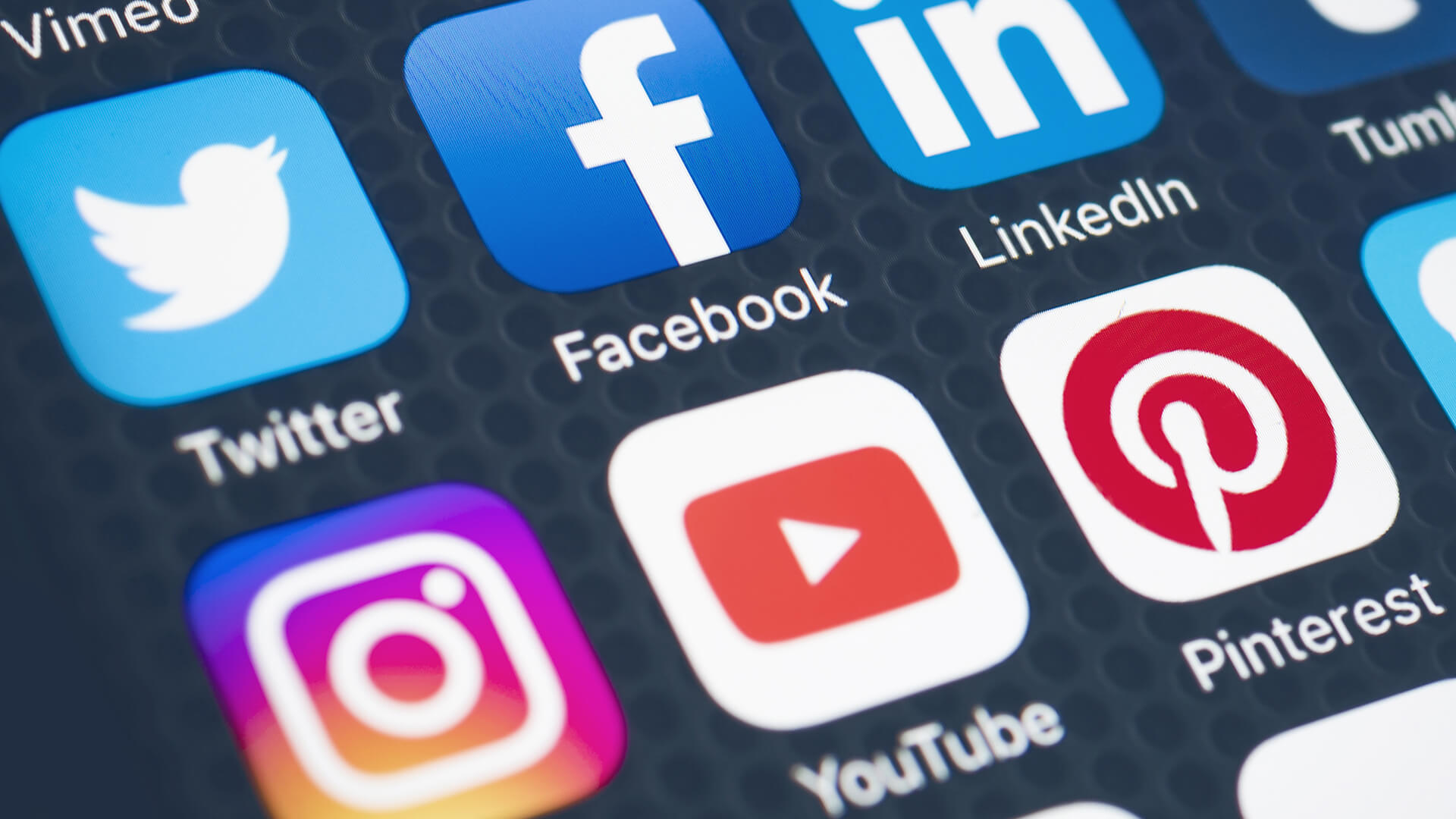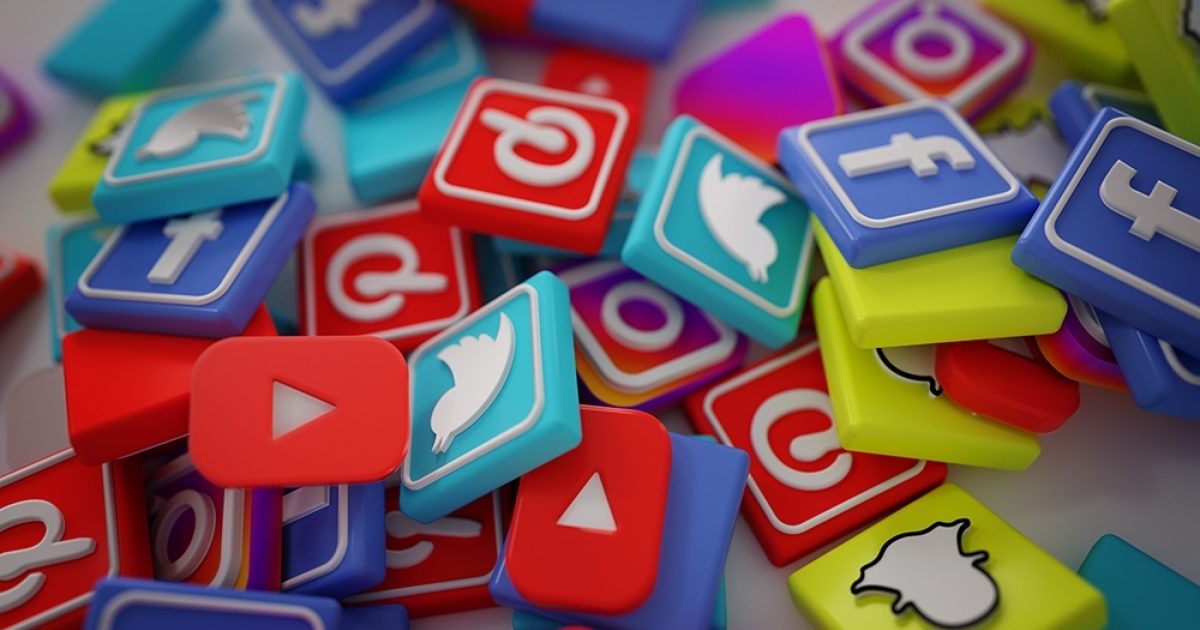Social mediahas become an integral part of businesses' marketing and PR strategies. However, when it comes to B2B PRin social media, there are several myths B2B PR in social mediathat can prevent businesses from fully leveraging the platform's potential.
In this article, we will debunk some of the most common myths surrounding B2B PR in social media and show you how tomake the most of this platform to build relationships, increase brand awareness, and generate leads for your business.
Is Social Media Effective For B2B?
Yes, social media can be effective for B2B marketing. B2B businesses can use social media to connect with their target audience, build relationships, and generate leads. Social media provides a platform to showcase industry expertise, share thought leadershipcontent, and engage with other businesses in a more conversational tone.
B2B companies can also use social media for customer service, public relations, and employee recruitment, among other purposes. However, it's important to note that B2B social mediastrategies may differ from B2Cstrategies and should be tailored to the specific needs and goals of the business.
What Is The Effect Of Social Media On B2B Marketing?
Social media can have a significant effect on B2B marketing. Here are some ways that social media can impact B2B marketing:
- Increased brand awareness: By maintaining an active presence on social media, B2B businesses can increase their visibility and reach a wider audience.
- Relationship building: Social media provides a platform for B2B businesses to build relationships with potential and existing customers. By engaging with other businesses, sharing thought leadershipcontent, and responding to customer inquiries, B2B businesses can establish themselves as trustworthy and knowledgeable industry leaders.
- Lead generation: Social media can be an effective tool for B2B lead generation. By creating valuable content and calls-to-action that speak to their target audience's needs, B2B businesses can attract potential leads to their social media pages and nurture them through the buyer's journey.
- Improved customer service: Social media provides a platform for B2B businesses to quickly respond to customer inquiries and resolve issues in real time. This can improve customer satisfaction and loyalty.
- Competitive advantage: By keeping an eye on their competitor's social media activity, B2B businesses can gain insights into their marketing strategies and stay ahead of industry trends.
Overall, social media can be a valuable tool for B2B marketing when used correctly. However, it's important to develop a targeted strategy that aligns with business goals and focuses on creating valuable content and engaging with the target audience.
What Are The Key Success Factors For B2B Social Media?
The key success factors for B2B social media include:
- Clear goals and objectives: B2B companies should establish clear goals and objectives for their social media strategy, such as increasing brand awareness, generating leads, or improving customer engagement.
- Understanding the target audience:B2B companies should have a deep understanding of their target audience's needs, preferences, and behaviors in order to create content that resonates with them.
- Consistent branding:B2B companies should maintain a consistent brand image and messaging across all social media channels to build brand recognition and trust with the target audience.
- Valuable and relevant content: B2B companies should create high-quality content that provides value to the target audience and aligns with their interests and needs.
- Engagement and interaction:B2B companies should engage with their followers and respond to comments and messages in a timely and helpful manner to build relationships and foster loyalty.
- Monitoring and measurement:B2B companies should monitor their social media performance regularly and measure the success of their social media strategy against their established goals and objectives.
- Flexibility and adaptation:B2B companies should be flexible and adapt their social media strategy as needed to reflect changes in the industry, target audience, or social media platforms.
Debunking Common Myths About B2B PR In Social Media

The B2B Marketing Myth of Social Media
Social Media Is Only For B2C
One of the most common myths about B2B PR in social mediais that it's only for B2C businesses. This couldn't be further from the truth. While B2C businesses may have a larger audience on social media, B2B businesses can still use social media to connect with their target audience, build relationships, and generate leads.
Social Media Is Not Effective For B2B Lead Generation
Another common myth is that social media is not effective for B2B lead generation. However, this is simply not true. In fact, social media can be an excellent platform for B2B lead generation when used correctly.
By creating valuable content that speaks to your target audience's pain points and challenges, you can attract potential leads to your social media pages. From there, you can nurture those leads with targeted content and calls to action that encourages them to take the next step in the buyer's journey.
Social Media Is Too Informal For B2B Communications
Some businesses shy away from using social media for B2B communications because they feel that it's too informal. However, social media can actually be a great way to communicate with other businesses in a more casual, conversational tone.
By engaging with other businesses on social media and responding to their comments and messages, you can build relationships and establish yourself as an authority in your industry.
Social Media Is Only For Marketing
While social media is often thought of as a marketing tool, it can also be used for other aspects of your business, such as customer service, public relations, and employee recruitment.
By using social media to engage with your customers and respond to their inquiries and complaints, you can improve your brand's reputation and build trust with your audience. Additionally, by showcasing your company culture and employee benefits on social media, you can attract top talent to your organization.
Social Media Success Is Measured Only By Follower Count
Finally, one of the biggest myths about social media is that success is measured only by follower count. While having a large following on social media can be beneficial, it's not the only metric that matters.
Instead, businesses should focus on engagement metrics, such as likes, comments, shares, and click-through rates, to measure the success of their social media efforts. By creating content that resonates with your target audience and encourages them to engage with your brand, you can build a loyal following that can translate into leads and sales for your business.
What Should B2B Companies Post On Social Media?
B2B companies should post a variety of content on social media to engage with their target audience and achieve their marketing goals. Here are some types of content that B2B companies can consider:
- Thought leadership content: B2B companies can share blog posts, whitepapers, and other thought leadership content to showcase their industry expertise and provide value to their target audience.
- Case studiesand success stories:Sharing case studies and success stories can demonstrate the real-world impact of a B2B company's products or services and build trust with potential customers.
- Company news and updates:Sharing news and updates about the company can help humanize the brand and keep followers informed about new product releases, events, or other important announcements.
- Industry news and trends:Sharing relevant news and trends in the industry can position a B2B company as a thought leader and keep followers informed about the latest developments.
- Visual content:B2B companies can also share visual content, such as infographics, videos, and images, to make their content more engaging and shareable.
- Engaging with others:Engaging with other businesses or thought leaders in the industry can help B2B companies build relationships, expand their reach and get more visibility.
It's important for B2B companies to focus on creating high-quality content that resonates with their target audience and aligns with their overall marketing strategy. By consistently posting valuable and engaging content, B2B companies can attract potential customers, build relationships, and ultimately drive business growth.
How Often Should B2B Post On Social Media?

How Often Should You Post on Social Media
The frequency of posting on social media for B2B companies can vary depending on the business, industry, and social media platform. However, here are some general guidelines to consider:
- LinkedIn: B2B companies can post on LinkedIn 2-3 times per week. LinkedIn is a professional network where people come to learn and share industry insights, so it's important to keep a consistent schedule and share content that provides value to the target audience.
- Twitter:B2B companies can post on Twitter 3-5 times per day. Twitter is a fast-paced platform where content moves quickly, so it's important to post frequently to stay visible and engage with followers.
- Facebook: B2B companies can post on Facebook 1-2 times per day. Facebook's algorithm prioritizes content that sparks conversations and engagement, so it's important to post content that encourages likes, comments, and shares.
- Instagram:B2B companies can post on Instagram 1-2 times per day. Instagram is a highly visual platform, so it's important to share visually appealing content that aligns with the brand's style and messaging.
Ultimately, the frequency of posting should be based on the target audience's preferences and behaviors, as well as the availability of high-quality content. It's better to post less frequently but with high-quality content that resonates with the target audience, rather than posting too often with low-quality content that does not provide value.
People Also Ask
How Is B2B Social Media Different From B2C?
B2B social media is different from B2C because the target audience is other businesses instead of individual consumers. B2B social media contenttends to be more professional and educational, focusing on industry trends, best practices, and thought leadership, while B2C social media content tends to be more entertaining and emotional, focusing on lifestyle and product features.
What Are The Benefits Of B2B Social Media?
The benefits of B2B social media include increased brand awareness, lead generation, customer engagement, thought leadership, and relationship building. B2B social media can also help businesses gather insights about their target audience and competitors, as well as stay up-to-date on industry trends and news.
How Can B2B Companies Use Social Media For PR?
B2B companies can use social media for PR by sharing news and updates about the company, showcasing thought leadership content, engaging with followers, and leveraging social media influencersto promote their brand.
B2B companies can also use social media to monitor and manage their online reputation, respond to customer feedback and complaints, and build relationships with media outletsand journalists.
Conclusion
Social media is a powerful tool for B2B PR when used correctly. By debunking these common myths B2B PR in social media, businesses can overcome their hesitations and start using social media to its full potential.
Remember to focus on creating valuable content, engaging with your target audience, and measuring success based on engagement metrics to achieve your B2B PR goalsin social media.

